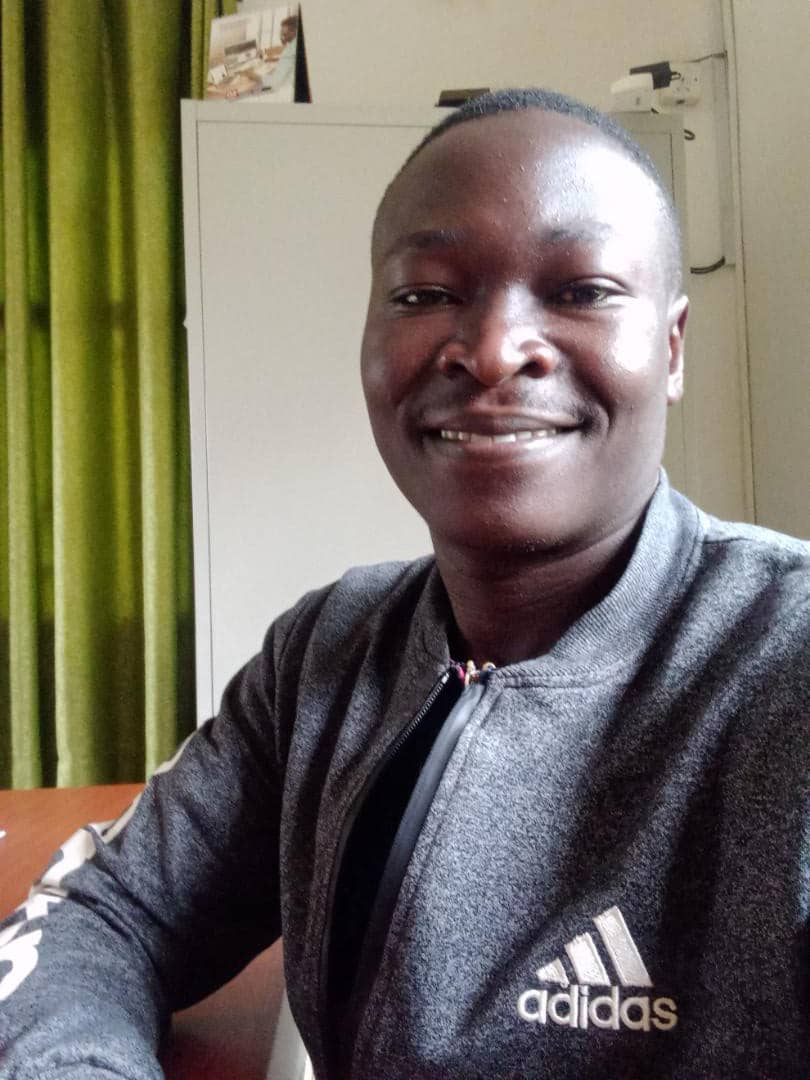The Ugandan public’s confidence in members of parliament has decreased since the 2000s. When it comes to voting, a minority of individuals, primarily from Uganda’s rural areas, have been observed participating.
This is because most of the public believe the current system isn’t designed with their interests in mind and does not deliver what they require. Those who are furthest from power and opportunity have the least trust in the current system.
Democracy? A section of elite Ugandans believe that democracy alone possesses the tools to rectify our fractured politics.
I do not share this belief. Many believe it to be the optimal form of governance capable of repairing our broken politics. They are mistaken. Sometimes, the majority can be misinformed!
It is accurate that politics primarily revolves around influence, but my argument centers on our approach.
Our present approach to politics may be the issue, and democracy alone may not be the optimal solution in our context. To quote Changa Machyo w’Obanda, he described our elites as functionally intellectual illiterate elites.
These elites aspire to replicate what is successful in other parts of the world to make it suitable for Uganda. In my view, democracy should be pragmatic.
If we claim that we can construct our democracy through representation, do we not have representatives at all levels, from the local to the parliamentary level?
Is this not democracy? Then why is our politics still flawed? I believe we must move beyond voting, contacting elected representatives, and other forms of ‘consultations’ and instead devise fresh methods to engage the public in decision-making.
Significantly, rebuilding trust in politics will necessitate a multi-generational effort. We must first mend our fractured society before we can commence building trust in politics.
No single personality, charisma, political party, or policy intervention suffices. Whether it’s an improved voting system, fairer representation, or greater political education, a variety of approaches are necessary to effect this change.
As part of this transformation, we must start placing people at the core of our political process.
Let’s involve individuals from all walks of life to have a substantial impact on policy and on those involved, re-establishing trust between politicians and the public.
Despite spaces for participation, dialogue, and deliberation such as participatory budgeting being available, the level of participation remains in question.
This would be a democracy capable of assisting in fixing our politics, but it is, regrettably, insufficient.
This is why decisions that genuinely reflect the real needs, preferences, and aspirations of the public are not being made.
Deliberative democracy’ assembles everyday people to assess the merits and demerits of decisions and explore common ground to arrive at a shared conclusion.
But as a nation, have we attained this level, or is it just an aspiration? It is grounded in the notion that political decisions should result from fair and rational discussions among the public.
This process can guide decision-makers as they confront difficult choices, particularly those involving intricate trade-offs or divisive matters.
Indeed, such processes enhance public trust because the public gains a say in actual decisions—they become integral to the decision-making process, driving change.
In this manner, democratic innovations amplify legitimacy, not only in the individual decision-making process but also for the decision-makers involved.
Engaging with everyday people, offering them a share of decision-making authority, would be a superior means for politicians to build trust. However, how many of our politicians are willing to embrace this?
My primary contention, as to why democracy alone is not equipped to remedy our fractured politics, stems from the fact that existing political systems favour those with privilege and wealth.
This exacerbates inequality among the populace and is thus incompatible with democracy taking root.
How do we advocate democracy to low-income and disenfranchised groups when they face substantial obstacles in accessing democratic systems?
The best approach is to address these imbalances through targeted measures. This, however, is only one aspect of the larger picture.
We must also confront social and economic disparities and establish alternative methods of engaging with democracy.
To achieve a genuinely representative democracy, we need to reach out to the disillusioned, disengaged, and often silent majority of our population, who frequently abstain from traditional forms of engagement.
These are the individuals whose trust has been most profoundly fractured within the current systems of governance.
The writer is a Ugandan Citizen

